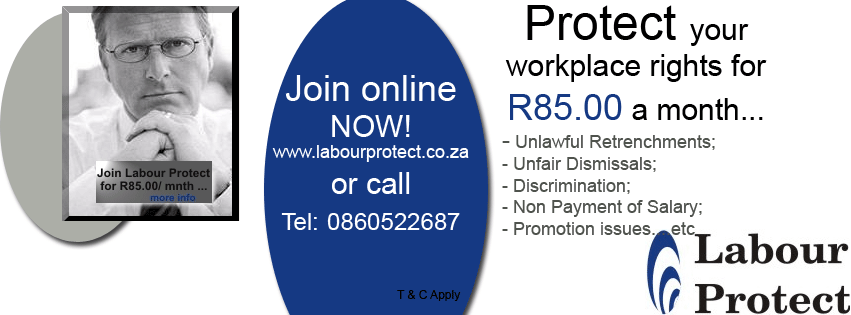 |
 |
Do you need
further help with problems at work? |
|
|||
| Home Advice | ||||||
| Post Info | TOPIC: Bullying | ||||||
|---|---|---|---|---|---|---|---|
 |
|||||||
|
|
|
||||||
|
|
|
||||||
|
|||||||
|
|
||



|
 |
 |
Do you need
further help with problems at work? |
|
|||
| Home Advice | ||||||
| Post Info | TOPIC: Bullying | ||||||
|---|---|---|---|---|---|---|---|
 |
|||||||
|
|
|
||||||
|
|
|
||||||
|
|||||||
|
|
||



|